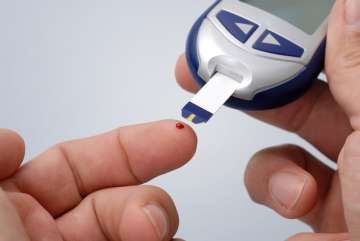Young adults who take a hiatus from exercise for just two weeks may be at an increased risk of reducing muscle mass, metabolic health, that may accelerate the development of chronic diseases such as Type 2 diabetes, heart disease, a study has found.
The findings showed that just 14 days of physical inactivity in young healthy people cause obesity, poor metabolic health, accelerated musculoskeletal decline, and potentially premature death.
"The results emphasise the importance of remaining physically active, and highlight the dangerous consequences of continuous sedentary behaviour," said Dan Cuthbertson of the University of Liverpool, Britain.
For the study, presented at the European Congress on Obesity (ECO) in Portugal, the team investigated the risk factors for developing disease after 14 days of physical inactivity in 28 healthy people with a mean age of 25 years and a mean BMI of 25 kg/m2.
Following the period of inactivity, significant changes in body composition were observed, including loss of skeletal muscle mass and increases in total body fat.
The changes in body fat tended to accumulate centrally, which is a major risk factor for developing chronic diseases.
Overall, cardio-respiratory fitness levels declined sharply and participants were unable to run for as long or at the same intensity as previously.
A substantial loss in skeletal muscle mass was also noted, with a reduction in both total (whole body) lean mass (average loss 0.36 kg) and leg lean mass (average loss 0.21 kg).
"Our day to day physical activity is key to abstaining from disease and health complications. People must avoid sitting for long periods of time," Cuthbertson said.
(With IANS Inputs)

